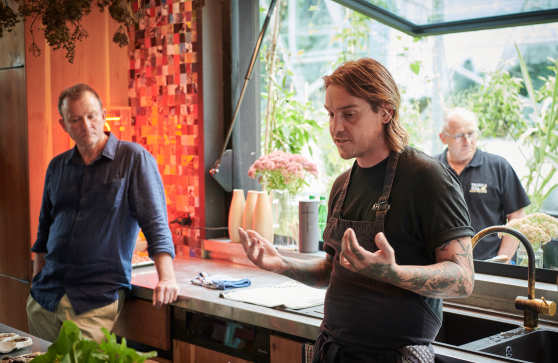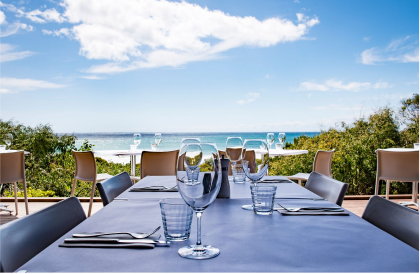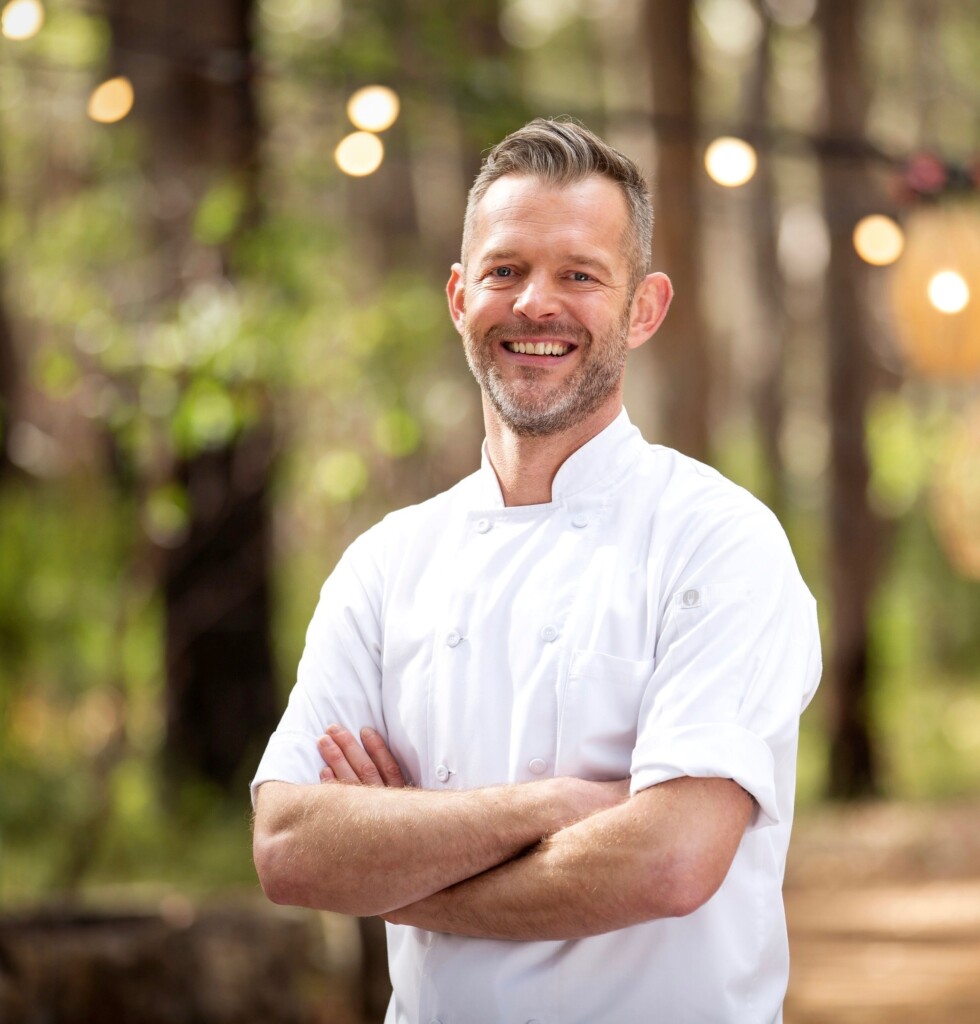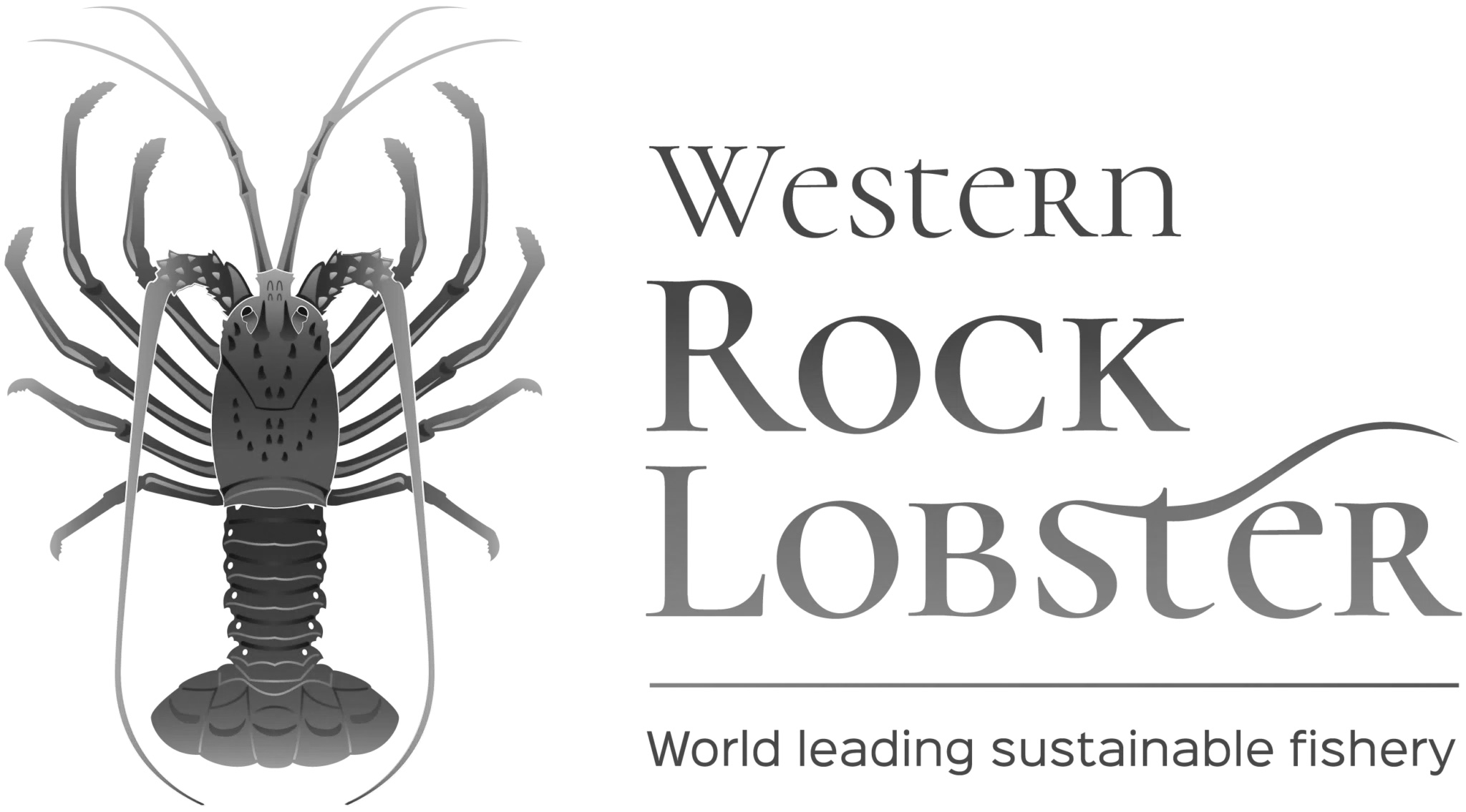It’s not just fire, smoke and a larder of native ingredients that you’ll find at the centre of Ritz-Carlton, Perth’s signature restaurant, Hearth. Under the tenure of chef de cuisine Brian Cole there’s also a love for collaboration that drives the WAGFG Young Chef of the Year 2024. As editor Max Brearley found on a recent field trip to Bardi-Jawi Country (Dampier Peninsula) Cole is eager to take any opportunity to reshape his culinary outlook.
This was the second time you’ve collaborated with Paul “Yoda” Iskov from Fervor, on what will be a bookable experience for Ritz-Carlton, Perth guests. What do you take from these experiences?
I learn something new every time I work with Yoda. It opens more possibilities for me to source native ingredients, because I now know how to use [more of] them. I still ask him for help and direction of how he would use something. I would know one or two ways of using a certain ingredient and he will add a couple of other ways as well. So, it’s always interesting to learn because I only know so much, as I’ve only been using these ingredients for a short period of time. But he’s been using them for years and he has multiple uses of each ingredient. That’s the thing I love about working with Yoda – he’s able to teach me how to utilise the ingredient. I can find new ways to put it on the menu at Hearth as well, beyond oils, seasonings or things like that.
Our recent experience spanned the restaurant experience at Hearth itself, and then an introduction to culture and country on Bardi-Jawi Country (Dampier Peninsula), culminating in a dinner at Cygnet Bay Pearl Farm. How do you work together on these collaborations?
This time I took the lead in Hearth because we have things ready to go there and Yoda added his touches to enhance the dishes, able to put a little more of an emphasis on the native ingredients. We can use multiple at a time rather than just one or two. The other menu, Yoda took the lead on that because he knew more about that region than I did. We’re able to share ideas back and forth to come up with the best fit.
Is there a stand out ingredient from that recent collaboration?
Definitely the melaleuca leaves, because they’re abundant everywhere but I’ve never used it to cook, and I’ve not seen it commercially. It’s not something that you would source easily. We used that in the barramundi dish and were able to use it like thyme when you baste the fish. It was super interesting and the oils that were released from it were amazing.
You mentioned that the experience with Bolo Angus of Southern Cross Cultural Tours was one of your first with a traditional owner on country. It seemed to have an impact on you?
That was a new experience for me. Unfortunately, I haven’t had the opportunity to do that, but this is something that I want to look into further. I think it was an amazing experience. To learn as well, was just something that I think I’ll cherish forever.
It opened my eyes to what is out there. Because, when you work in a hotel you’re very limited in what you can do. I’ve been to many suppliers, the factories and the farms. But to go out into the bush, into the country, was something else. You can go on to a farm, have a look at what they do, how they grow things but to find the source was very, very different. And that’s something that I think I want to do a little bit more, and to fully engage the guest as well in an experience.
You’ve got such a diverse clientele coming through the Ritz-Carlton, Perth. Do you feel there is an opportunity to be a touchpoint for these ingredients?
It’s sort of an entry level, a good place to start. It’s not like Fervor or traditional owners like Bolo where you’re immersed in the full experience. But if it’s intriguing then you’d want to move on and say, okay, I’ve tried it and I want to seek out more. Like, we had a guest last night, and it was their first-time having kangaroo. It was surprising for them – all the ideas that he had about kangaroo were completely blown out when he actually tried it. The next direction is straight to Fervor.
You seem to thrive on the idea of collaboration?
It’s intriguing, to gain experience of different chefs and different working styles. You can get tunnel vision when you’re working on your own and not collaborating with others. You think, everything that I’m doing is probably the best way to do it. Until you start collaborating with other people, see new ideas, new things and someone comes along and shows you something completely different.
You notably collaborated at Hearth with Tasmanian based chef Analiese Gregory back in 2022. Were there things you took away from that experience?
It was about hyper local ingredient sourcing, foraging, but not necessarily native ingredients, and cooking on open fire. Analiese was using ingredients that we were using as well – octopus, abalone and things like that. It was the raw part of cooking with Analiese whereas with Fervor it’s more the story and that indigenous part. For me, that experience was about simplicity and just letting the produce and ingredients sing. That was something that I enjoyed. When I’m working I often think, if I add one more element or if I create another texture on a dish that could improve it. But it isn’t necessarily the case. Sometimes it’s just an ingredient, one or two components and that’s it.
Do you think that push for more on the plate is the pitfall of younger chefs and the part of the restaurant space you find yourself in?
Yes. It’s a hard fight. I write a recipe and I always start with the maximum number of things I can put on. And then once we do a couple of tastings, scaling it back, we’ll remove elements that don’t necessarily add to the dish. That’s something that I’ve come to learn over the years. The mindset can be to just add, add, add. But once you become more experienced [and confident] it becomes a case of just hold back on it.
Day to day, does collaboration play a part with the team at Hearth?
I’m still learning from my chefs as well. They might have the mindset of follow the chef but I always mention to them that if they find a better way to do something they become the leader in that preparation and have to teach the rest of the team. I think it’s something where we shouldn’t limit ourselves, because then I’ve gained a skill and they’ve gained a skill by training others. I think that’s something that I truly appreciate about the team that I’ve got now, that they’re still teaching me.
Image: Jessica Wyld













